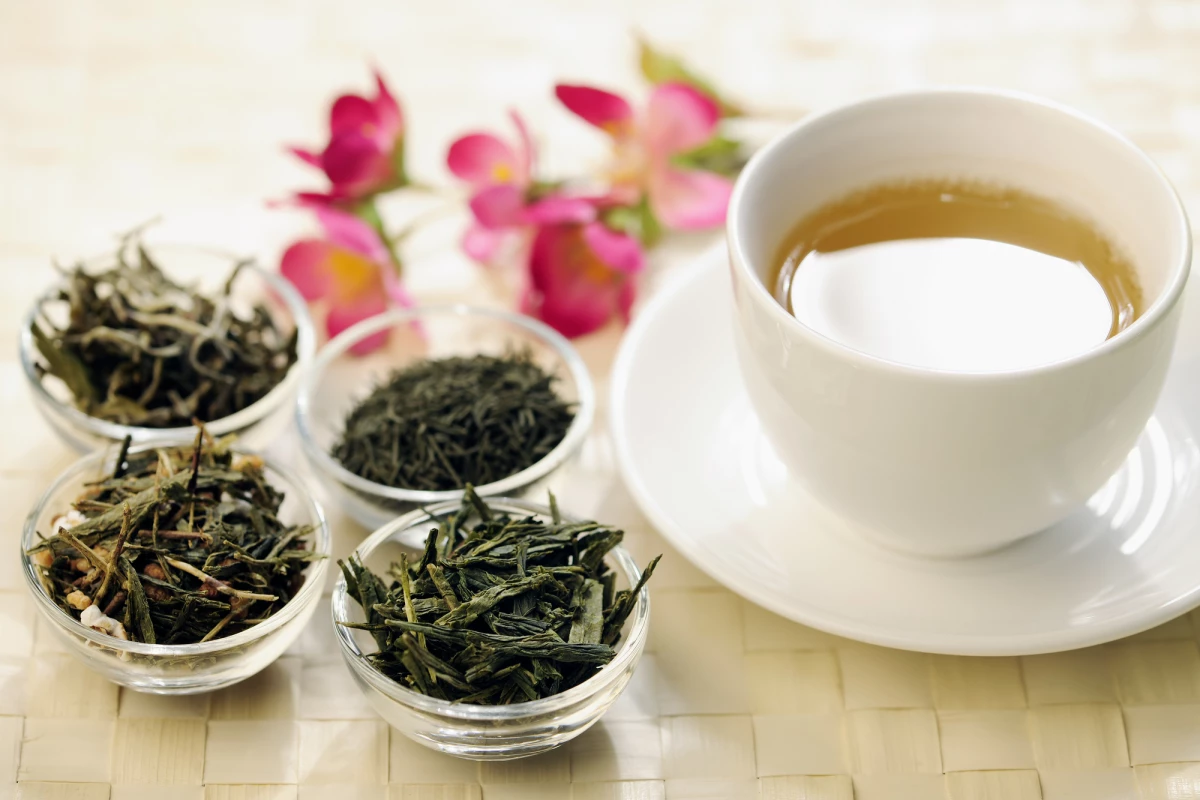According to a new study, a molecule found in high quantities in green tea can boost the efficacy of a common antibiotic. A team of international researchers discovered that administering the natural compound in combination with the antibiotic effectively killed a notoriously antibiotic resistant bacteria.
Epigallocatechin (EGCG) has been the focus of a great deal of research in recent years. It is found in extraordinarily high levels in green tea and many scientists suspect it could be responsible for some of the common health benefits linked to the beverage.
This new research set out to explore whether EGCG could enhance the effect of antibiotics in treating particularly strong bacterial pathogens. The study focused on Pseudomonas aeruginosa, a dangerous pathogen resistant to many antibiotics that is becoming a major concern in many hospitals around the world.
The study revealed EGCG, administered in synergy with an antibiotic called aztreonam, could effectively kill Pseudomonas aeruginosa in laboratory tests, and in live organism tests using moth larvae.
“Antimicrobial resistance (AMR) is a serious threat to global public health,” explains lead author Jonathan Betts. “Without effective antibiotics, the success of medical treatments will be compromised. We urgently need to develop novel antibiotics in the fight against AMR. Natural products such as EGCG, used in combination with currently licensed antibiotics, may be a way of improving their effectiveness and clinically useful lifespan.”
It is currently unclear exactly how EGCG enhances the efficacy of aztreonam. The researchers hypothesize the natural compound may increase antibiotic permeability in the bacteria but further work is needed to home in on the specific mechanism at play.
“The World Health Organization has listed antibiotic resistant Pseudomonas aeruginosa as a critical threat to human health,” says Roberto La Ragione, another author on the new study. “We have shown that we can successfully eliminate such threats with the use of natural products, in combination with antibiotics already in use. Further development of these alternatives to antibiotics may allow them to be used in clinical settings in the future.”
Before green tea drinkers get too excited about this new discovery it's important to note it isn’t clear what concentration of EGCG is necessary to generate these beneficial results. While a great deal of prior research has uncovered medical benefits to the green tea compound, it often needs to be administered in high volumes to achieve these positive effects.
A 2018 study did find that EGCG can result in liver toxicity and the FDA has frequently targeted a number of EGCG dietary supplement manufacturers for misleading promotional materials. The compound is also known to be poorly absorbed when consumed orally, so it may need to be modified before it can become an effective human medicine.
The new research was published in the Journal of Medical Microbiology.
Source: University of Surrey




